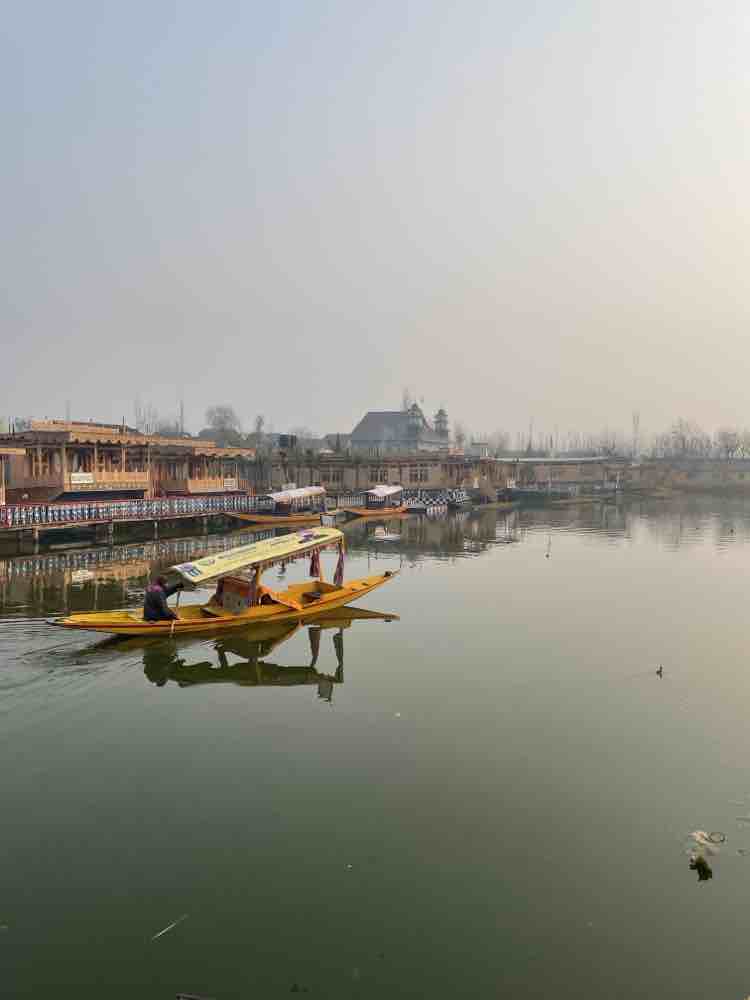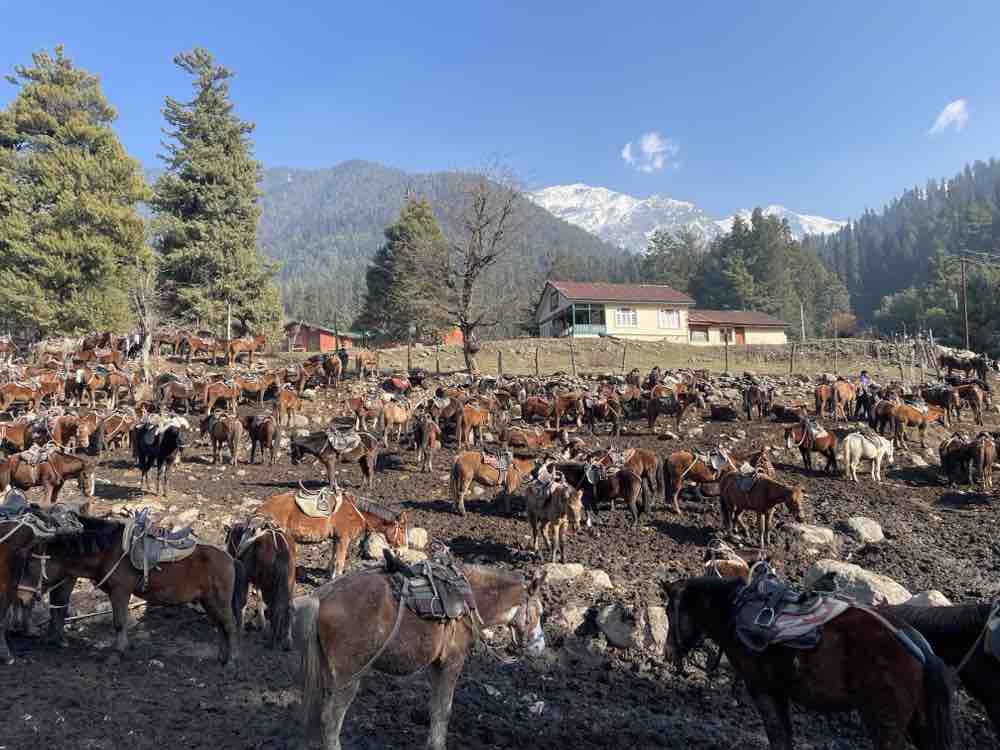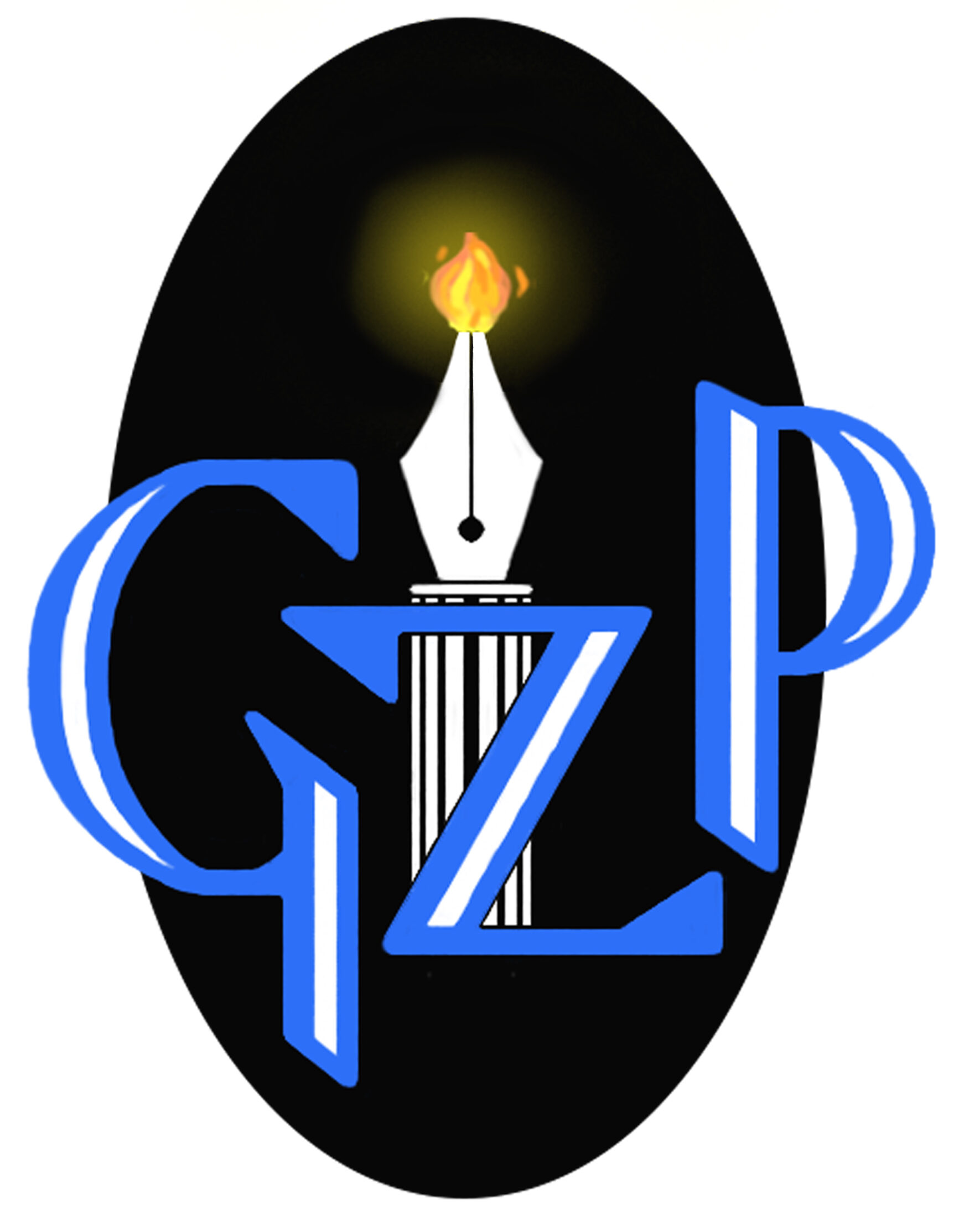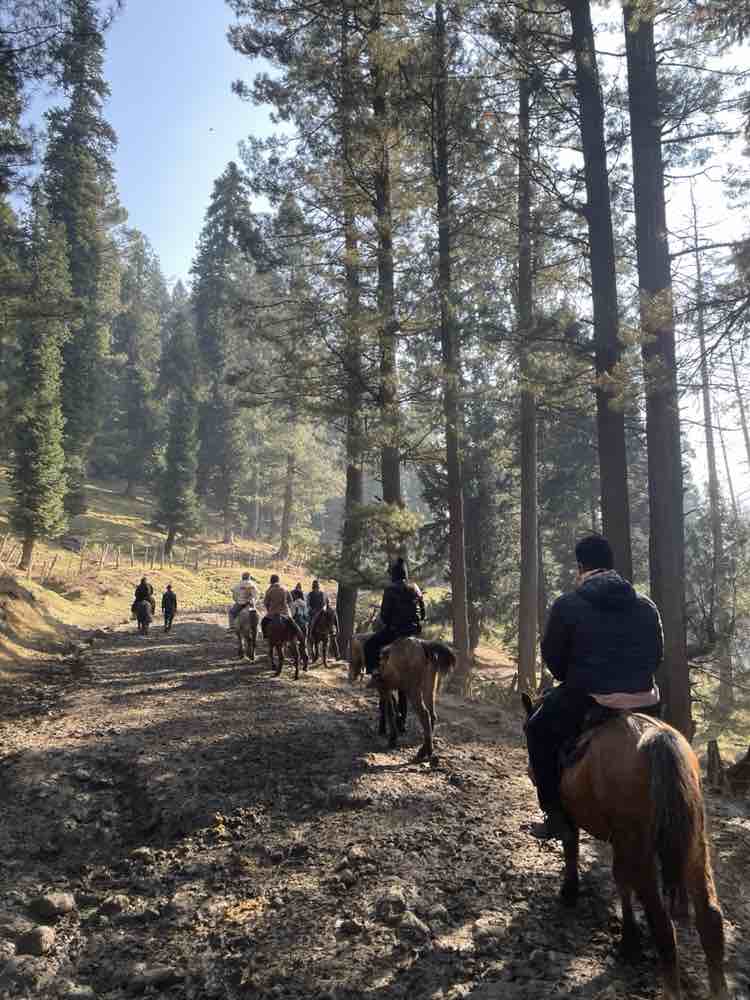When the Supreme Court of India, in a landmark move, had endorsed the revocation of Article 370, effectively altering the political and constitutional landscape of Jammu & Kashmir marking a significant shift in the region’s status, a spectrum of reactions sprouted out from the frozen valley ranging from doomsday predictions to enhanced tension in the region to outright anger as the stage had been set for profound changes in the political, social, and economic fabric of the region.
This cacophony of political and cultural discourse marked my arrival in Kashmir earlier this month. I was greeted by a vivid tapestry of experiences – the crisp winter air, the magnificent view of snow-capped peaks, and the warmth of the locals immediately challenged all my preconceived notions about the place. This wasn’t just a serene land; it was a living painting, vibrant and dynamic.
The Kashmir I experienced was far removed from the narratives often portrayed in the media and public discourse. It offered me tremendous insights into the evolving socio-political landscape of the region, especially in the wake of significant judicial and political developments in recent times.
Challenging Perceptions Through Personal Encounters
Contrary to popular belief, the everyday lives of Kashmiris aren’t steeped in politics. However, as I navigated through the bustling streets of Srinagar and the tranquil valleys of Pahalgam and Gulmarg, my interactions with the locals painted a picture vastly different from common narratives. I recall an enlightening conversation with a group of young students in Srinagar. Their eagerness to discuss politics, juxtaposed with their love for the serene beauty of their homeland, was a powerful testament to the multifaceted nature of Kashmir.

Rohan, a young Tourism student in Srinagar, spoke fervently about the possibility of an election there. “It’s a chance for us to shape our destiny,” he said, reflecting a palpable excitement among the youth. Aziz, a shopkeeper in Pahalgam, shared his cautious optimism emphasising the need for leaders who resonate with the soul of Kashmir. “Every party has its own agenda, but we need someone who truly understands Kashmir,” he opined, reflecting a wary approach to political promises.
“To be able to vote again, after such a long gap, feels empowering,” mentioned Arif, a local artisan who makes beautiful wooden shikara toys. His sentiment, I believed echoed the aspirations of many Kashmiris – to be active participants in shaping the future of their land.
Another element of surprise to me was the Kashmiri cuisine. It was a delightful amalgamation of Persian, Mughal, and North Indian influences. I discovered that even the Kashmiri Pandits, traditionally Brahmins, have a unique culinary tradition involving chicken and mutton, a practice quite distinct from their counterparts in other parts of India. This culinary diversity was a testament to the region’s rich historical and cultural tapestry. Everything about the region was unique, inclusive and at the same time so fragile.
Political Discourse and Hope
Here, discussions often veered towards the political landscape. Opinions on parties like the PDP, J&K NC, BJP, and Congress were diverse, mirroring the complex political fabric of the region. But beyond the political affiliations, there was a common thread – a desire for stability, development, and a fair representation in the democratic process.

My interactions, whether with the genial Yaseer Bhai, my driver who admired the inclusive cultures of South India, or Umar, the owner of a cricket bat factory in Pahalgam, were a testament to this. They spoke of a desire for normalcy, a yearning to move beyond the shadows of politics and conflict. The kindness and warmth I encountered were in stark contrast to the often-negative portrayal of the region and its people.
Visiting the cricket bat factory was a revelation in itself. Umar’s detailed explanation of the manufacturing process, from seasoning to quality checks, was not just about cricket bats. It was a metaphor for the resilience and craftsmanship of the Kashmiri people. His perspective on being viewed as an outsider in his own country was particularly poignant. To that effect, everyone I met added a new layer to my understanding of Kashmir. Their physical features – distinctly different from what one typically finds elsewhere in India – often contributed to a sense of alienation, they confessed. Yet, their spirits were resilient, their stories a blend of hope and endurance.
Hope Amidst Uncertainty
The recent changes, particularly the abrogation of Article 370, have ushered in a mix of hope and apprehension. My conversations, albeit limited by my broken Hindi, revealed a cautious optimism. People spoke of improved job opportunities, increased tourism, and a burgeoning economy. The region, they felt, was experiencing unprecedented growth in health, literacy, and economic sectors.
Yet, beneath this veneer of optimism, there’s a palpable sense of uncertainty. The mandate for elections by 2024 is a step towards defining the future political landscape of J&K, but how this will unfold remains to be seen. Will it bring the desired stability and integration, or will it open up new challenges?
Crossroads of Change
As I left J&K, I carried with me not just the world-famous Kashmiri willow bats and tiny shikara souvenirs but also slightly better understanding of a land and its people, striving to carve out a semblance of normalcy amidst a complex political milieu. Kashmir, I realized, is not just a geopolitical entity; it’s a mosaic of human stories, aspirations, and an enduring spirit that defies simplistic narratives.
Amidst the backdrop of the Supreme Court’s decision and the upcoming elections, Kashmir stood at a crossroads, its future intertwined with the aspirations of its resilient inhabitants. As I left the valley, the conversations and faces stayed with me – a reminder that the true essence of a place lies in its people and their stories, far beyond the realms of politics and prejudices.


